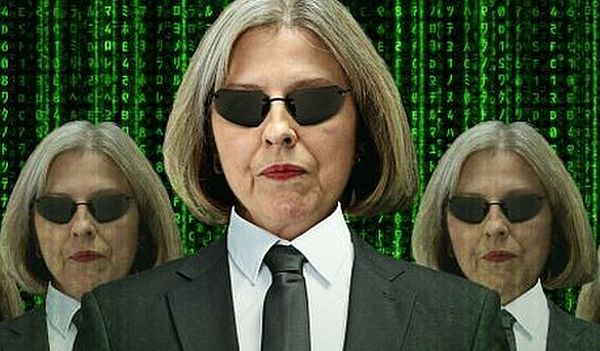
UK Government’s proposals in the upcoming Snoopers Charter which could have allowed the police and security forces snooping rights on everyone’s online activity, are to be shelved.
The plans have been abandoned by ministers in what is being presented as a dramatic climbdown over online surveillance, however civil rights group Liberty say the climbdown is ‘just spin’

BYPASS THE CENSORS
Sign up to get unfiltered news delivered straight to your inbox.
You can unsubscribe any time. By subscribing you agree to our Terms of Use
Latest Video
Ars Technica reports:
In a statement, “senior sources” in the UK government apparently said that “rather than increasing intrusive surveillance, the [Investigatory Powers] bill would bar police and security services from accessing people’s browsing histories,” and that “any access to internet connection records will be strictly limited and targeted.” The Guardian also claims that other controversial options for the Investigatory Powers Bill, due to be published on Wednesday, have been shelved.
These include the suggestion that companies would be restricted or perhaps banned from using encryption, and the requirement that UK telecoms would have to capture and store Internet traffic originating from US companies in order to allow UK intelligence agencies to access them even if the companies refused to hand over the data.
However, as many experts have pointed out, neither idea was feasible: online business would become impossible without encryption, and end-to-end encryption means that storing traffic from US-based companies would be largely useless anyway.
These facts raise the possibility that the UK government’s latest “climbdown” is actually nothing of the sort; rather, it would appear that the UK government has been feeding journalists exaggerated stories of what might be the Snooper’s Charter, so that it could then appear to back down graciously in the face of the inevitable outrage those ideas generated.
By doing so, it could claim to be listening and responding to criticisms, as well as allowing it to present its real plans to increase surveillance substantially as being “moderate” in comparison what itmight have done. As Shami Chakrabarti, director of civil rights group Liberty, told The Guardian: “It’s a traditional Home Office dance first to ask for the most outrageous, even impractical, powers, so that the smallest so-called ‘concessions’ seem more reasonable.”


